Filter by
News (922)
RSS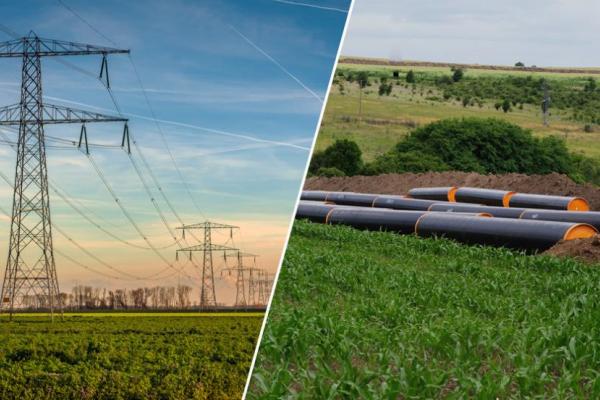
The EU has set a bold and far-reaching goal to become the first climate-neutral continent by 2050, moving from a fossil fuel-based energy system to a decarbonised economy.

ITER is a unique project, aiming to build the world’s largest fusion machine. By fostering innovation and international collaboration, the project creates economic growth and job opportunities, while putting the EU in the lead of global fusion research.
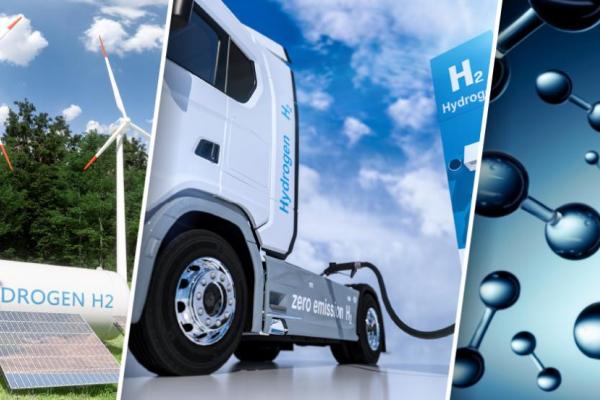
As the EU is committed to a greater global uptake of renewable energy sources, renewable hydrogen goes hand in hand with an electricity sector that is increasingly dominated by renewable power generation.

Batteries are the fastest growing storage technology and will play a key role to meet the EU goal of cutting greenhouse gas emissions by 55% by 2030.

In order to be more understandable to consumers and to pave the way for more innovative and energy efficient products, the current energy label with energy classes from A+++ to D will gradually be replaced in the coming years with a new, simpler scale from A (most efficient) to G (least efficient).

More and more EU countries are announcing a coal phase-out, or preparing for it, which is not only good news for the climate, but by reducing the use of coal, we also protect our environment and improve our living conditions and our health.
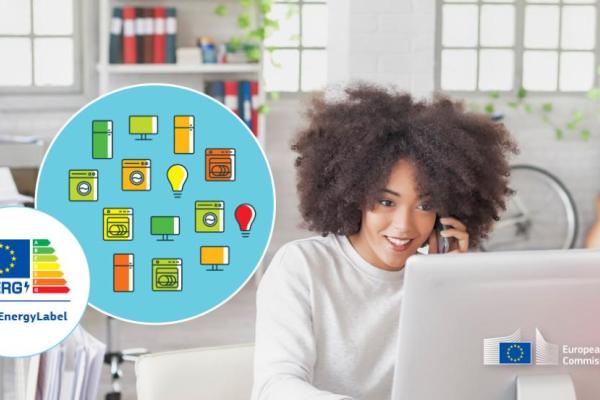
The EU energy label is – together with minimum “ecodesign” requirements - a success story that has been key in boosting the energy efficiency of everyday electric appliances like lighting, heating, fridges, freezers and televisions, but also products like fuel boilers, tyres and air conditioners.

Defined under the Regulation on the governance of the energy union ((EU) 2018/1999), the National energy and climate plans were established as part of the Clean energy for all Europeans package.
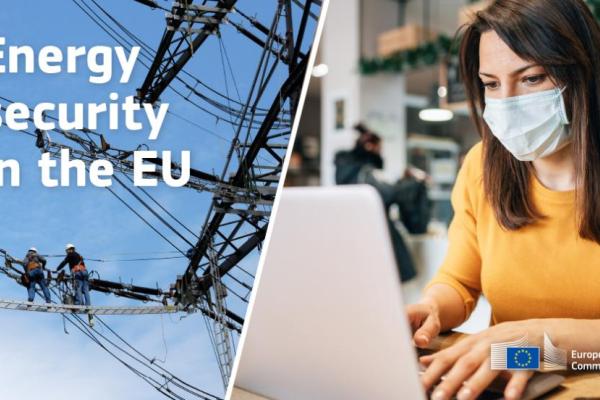
Adequate risk preparedness and smooth cross-border cooperation are paramount to help prevent or manage crisis situations, so that Member States are both willing and able to work together in solidarity in the event of a shortage.
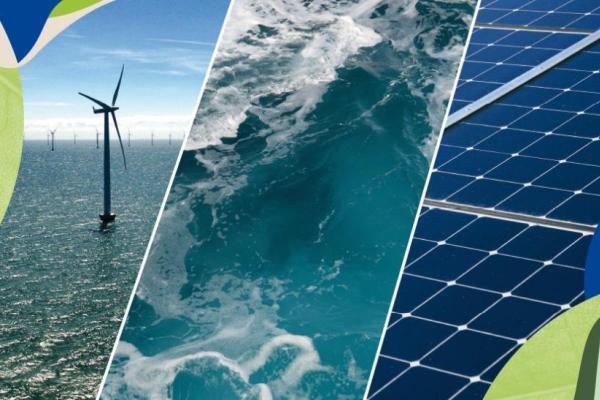
Renewable energy will play a fundamental role in achieving the EU’s energy and climate objectives. Not only is it abundantly available within the EU, but it is also cost-competitive with fossil fuels.
